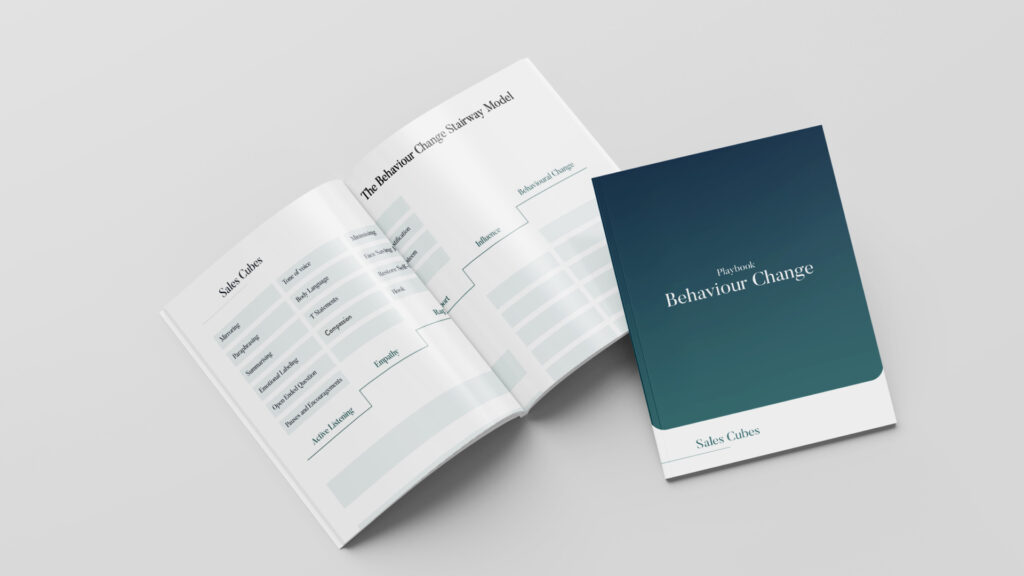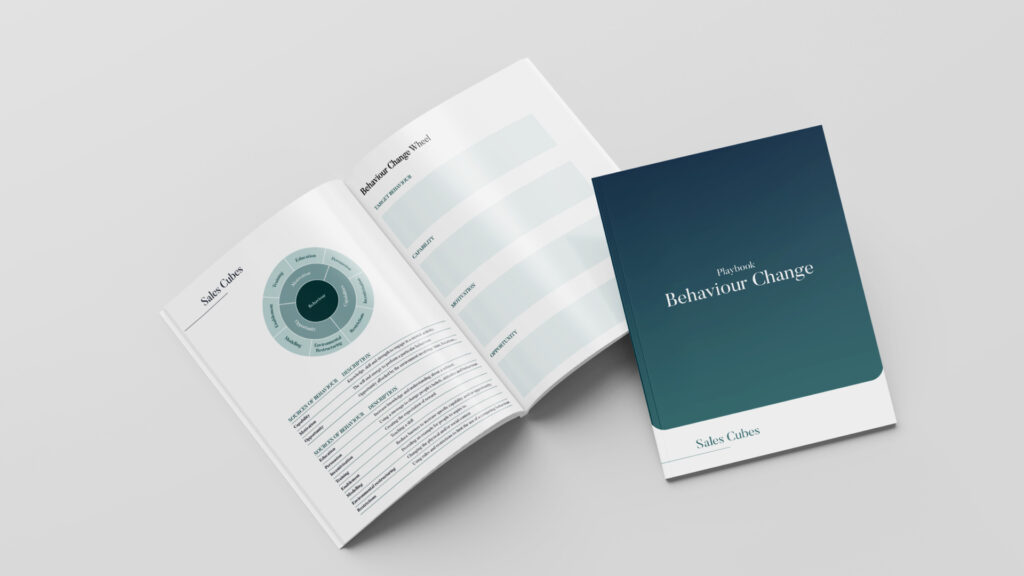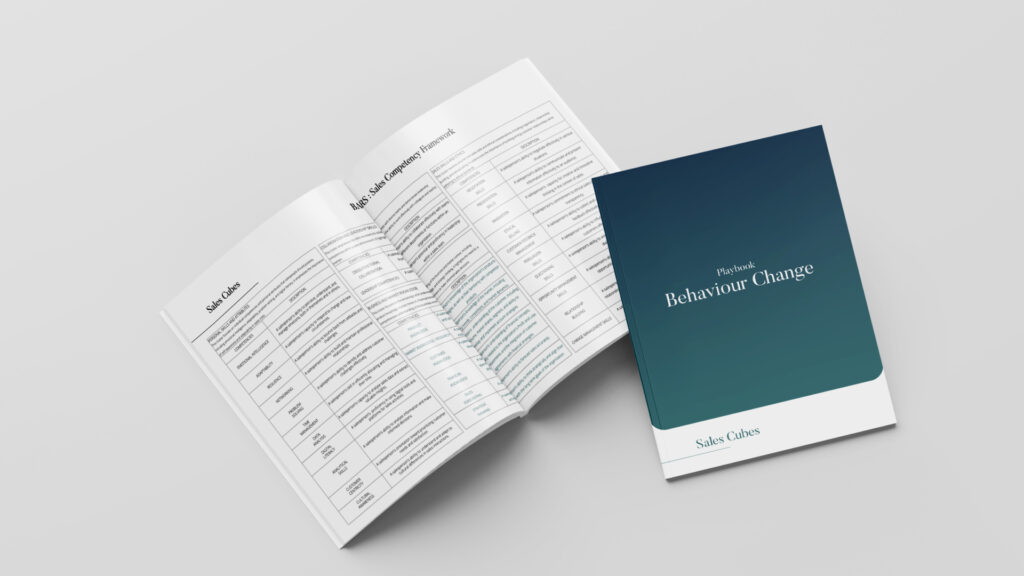Behaviour Change Stairway Model

The Behaviour Change Stairway Model is a strategic approach for guiding individuals, particularly those resistant to change, through a transformative process. Beginning with active listening, it builds rapport and empathy, leading to influencing behavior and culminating in behavioral change. This method is effective in various contexts, including negotiations, team management, and customer relations, where understanding and modifying behaviors are crucial.
Kotter 8-Step Process

Kotter’s 8-Step Process offers a structured approach to organizational change, from establishing urgency to embedding new practices in culture. It’s essential for successful transformations, engaging stakeholders, and overcoming resistance. Applicable in restructuring, market shifts, or cultural changes, this method ensures sustainable change by building a strong coalition, creating and communicating a clear vision, removing obstacles, achieving short-term wins, and solidifying new practices in the organization’s culture.
The Behaviour Change Wheel

The Behaviour Change Wheel is a practical framework for understanding and applying behaviour change. Focused on a particular behaviour, it examines factors that influence it and helps in creating customised change strategies. It’s helpful in areas like health promotion, organisational change, or personal development. The process includes defining the behaviour, identifying what influences it, creating interventions, and assessing the results. This model is key for focused change initiatives, making sure strategies match the behavioural motivations for effective implementation and modification.
Behavioural Mapping

Behavioural Mapping is a strategic tool used in organizations to analyze specific behaviors and processes. It goes beyond customer journey mapping by focusing on individual or group actions to identify why certain processes or behaviors are ineffective. Useful in areas like process optimization and change management, it involves mapping out steps, identifying barriers, and developing interventions. This approach is key in understanding and improving organizational interactions and efficiencies.
Sales Trends Canvas

The Sales Trends Canvas is an analytical tool for sales executives to examine market dynamics and their effects on sales strategies. It’s particularly useful in sales strategy workshops, helping participants identify key market trends and their impacts on the sales organization. The canvas facilitates discussions on how market changes drive necessary adjustments within sales teams. Its process includes identifying current market and customer trends, linking these trends with changes in the sales organization, and determining the required strategic responses. This tool is invaluable for enhancing awareness and guiding strategic planning in sales environments.
The Elephant and the Rider

Jonathan Haidt’s Elephant and Rider metaphor, further developed in “Switch” by the Heath brothers, symbolizes the struggle between emotion (Elephant) and reason (Rider) in behavior change. Incorporating the ‘Path’ as external influences, it’s an insightful tool in change management and sales for understanding emotional resistance, rational challenges, and external barriers. This analogy simplifies the complex dynamics of human behavior, aiding in formulating effective change strategies.
Sales Transformation Roadmap

The Sales Transformation Roadmap template is a key tool for updating sales strategies to match market changes. It’s perfect for workshop brainstorming, helping sales teams to match their offerings with market trends and adjust their skills to suit. The process involves examining present and future market trends, evaluating how they affect the organization, and determining the necessary roles and skills. This template is especially valuable in strategy meetings, guiding sales teams through market changes and equipping them for successful sales transformations.
Behaviourally-Anchored Rating Scale (BARS) in Sales

The Behaviourlly-Anchored Rating Scale (BARS) is a powerful tool for assessing sales skills, providing objective evaluations instead of the usual subjective ones. It sets clear standards for each rating level, offering straightforward, practical feedback that makes improvements easier. Popular in yearly evaluations and particularly effective with 360-degree reviews, BARS accurately measures key skills like presentation abilities and ethical selling, improving the way performance is managed.